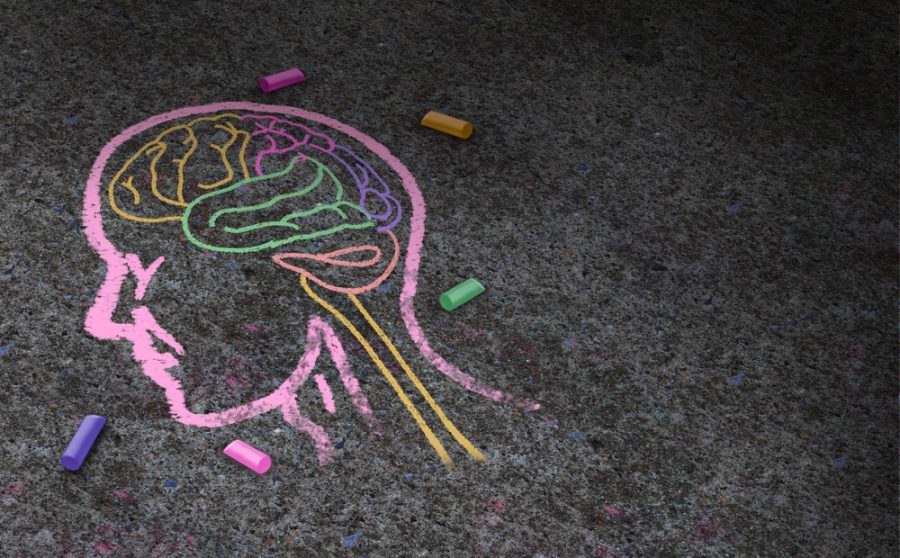Early intervention is a key component of public health initiatives to address autism in individuals and communities. Whether you’re the parent of an autistic child, an education professional, or someone with a bachelor in public health trying to enact change on a societal scale, understanding the very real implications of early intervention for autistics in terms of public health is crucial.
Greater, More Accurate Representation
When a child sees an autistic character like Bruno Thomas and Friends, they may recognize something of themself. However, when that same child can identify themself as autistic as well, they can relate to that character more directly and, when represented accurately, even gain a better understanding of their neurotype. Accurate and respectful representation of autism can help to reduce stigma and misinformation and create a more accepting and understanding society for autistic people. It can also help to increase acceptance of autistic employees in the workplace, create more inclusive education and leisure opportunities, and ensure that autistic people have access to the right support and services.
Improved Self-Esteem and Self-Awareness
Early intervention is a critical component in the development of self-esteem and awareness for autistic individuals. It is important to start early intervention as soon as possible, as it is often the most effective way to help a child adjust to living and learning in a neurotypical world. Early intervention can help autistic individuals learn to better understand and manage their unique sensory, communication, and social needs. Autistic people need to see themselves represented in the media in a positive way, rather than being presented as ‘damaged’ or ‘broken’. This can have a powerful effect on how autistic people view themselves, as well as how they are viewed by others.
Support and Connection
Early intervention can also provide autistic individuals with the opportunity to connect with others who have similar experiences. Through social and peer support groups, autistic individuals can learn coping strategies, share their experiences, and gain a sense of acceptance. Additionally, autistic individuals can find comfort in the knowledge that they are not alone in their struggles, and can gain a sense of community.
Normalizing Neurodiversity
Early intervention can help normalize neurodiversity in a variety of ways. By educating friends and peers about autism, they can become more aware of and sensitive to the needs of their autistic friends. They can also learn how to better interact and communicate with them, which can be beneficial in helping autistic children to make and maintain friendships. This can help to reduce fear and prejudice and create a more inclusive society for autistic people.
Less of a Need to Mask Symptoms
Early intervention can also help reduce the need for autistic individuals to mask or camouflage their symptoms. Autistic individuals often feel the need to mask their symptoms in order to fit in with their peers. This can lead to a feeling of detachment from their own identity and can lead to depression and anxiety. When neurotypicals understand that neurodivergents may communicate differently or engage in behaviors like stimming, the need to hide these outward signs of autism in order to fit in can decrease.
Decreased Risk of Burnout
Autistic burnout is a term used to describe a state of physical and emotional exhaustion caused by a person’s inability to cope with the demands of life. Early intervention is a critical component in helping individuals with ASD succeed and avoid burnout. By providing children with ASD with the skills and knowledge they need to cope with everyday life, they can avoid feeling overwhelmed and exhausted. Early intervention can also help to reduce stress and anxiety, which can contribute to burnout.
Overall, early intervention is an essential component of public health initiatives to address autism in individuals and communities. Early intervention can help provide the necessary supports and accommodations to autistic individuals, as well as increase understanding and acceptance of autism in individuals and communities.

